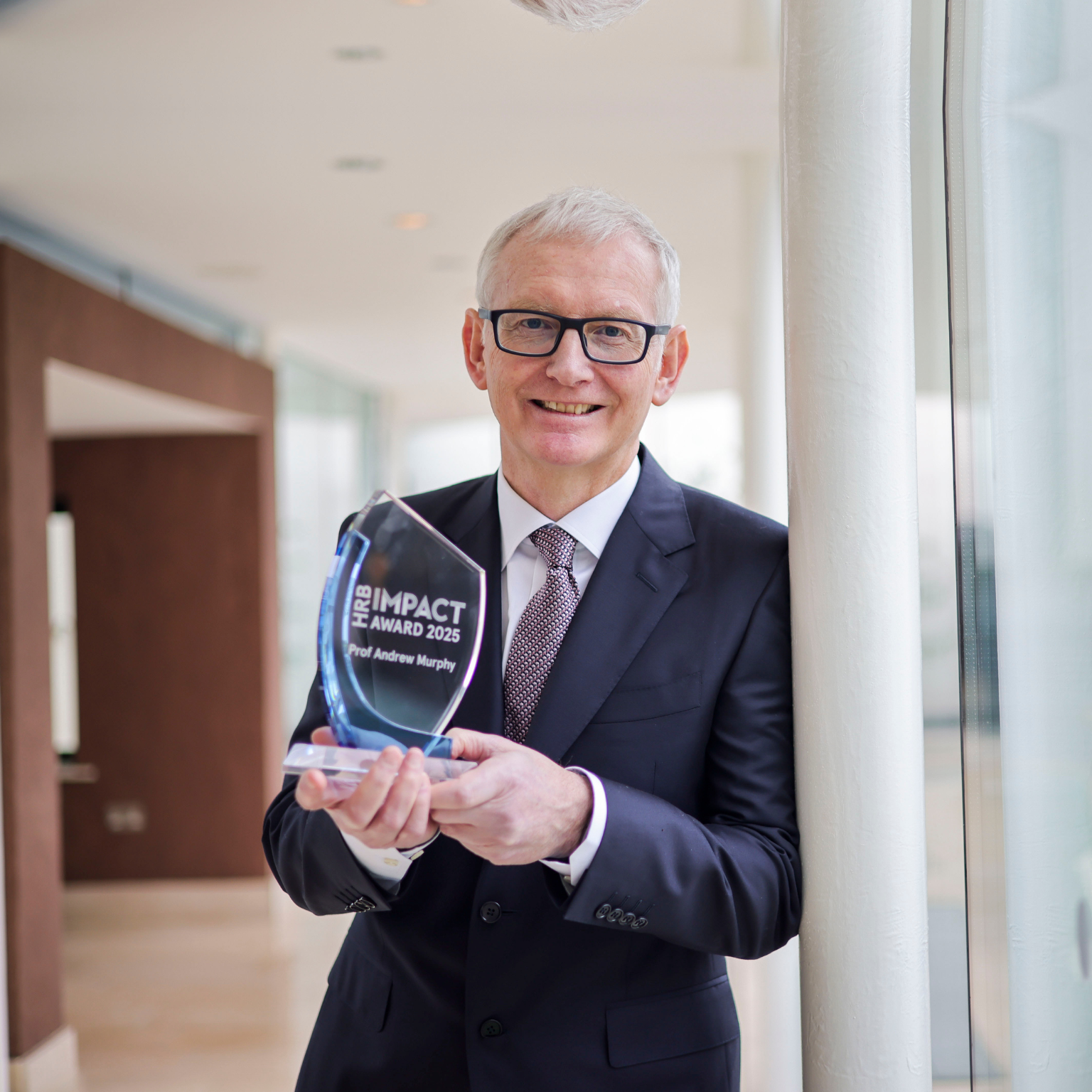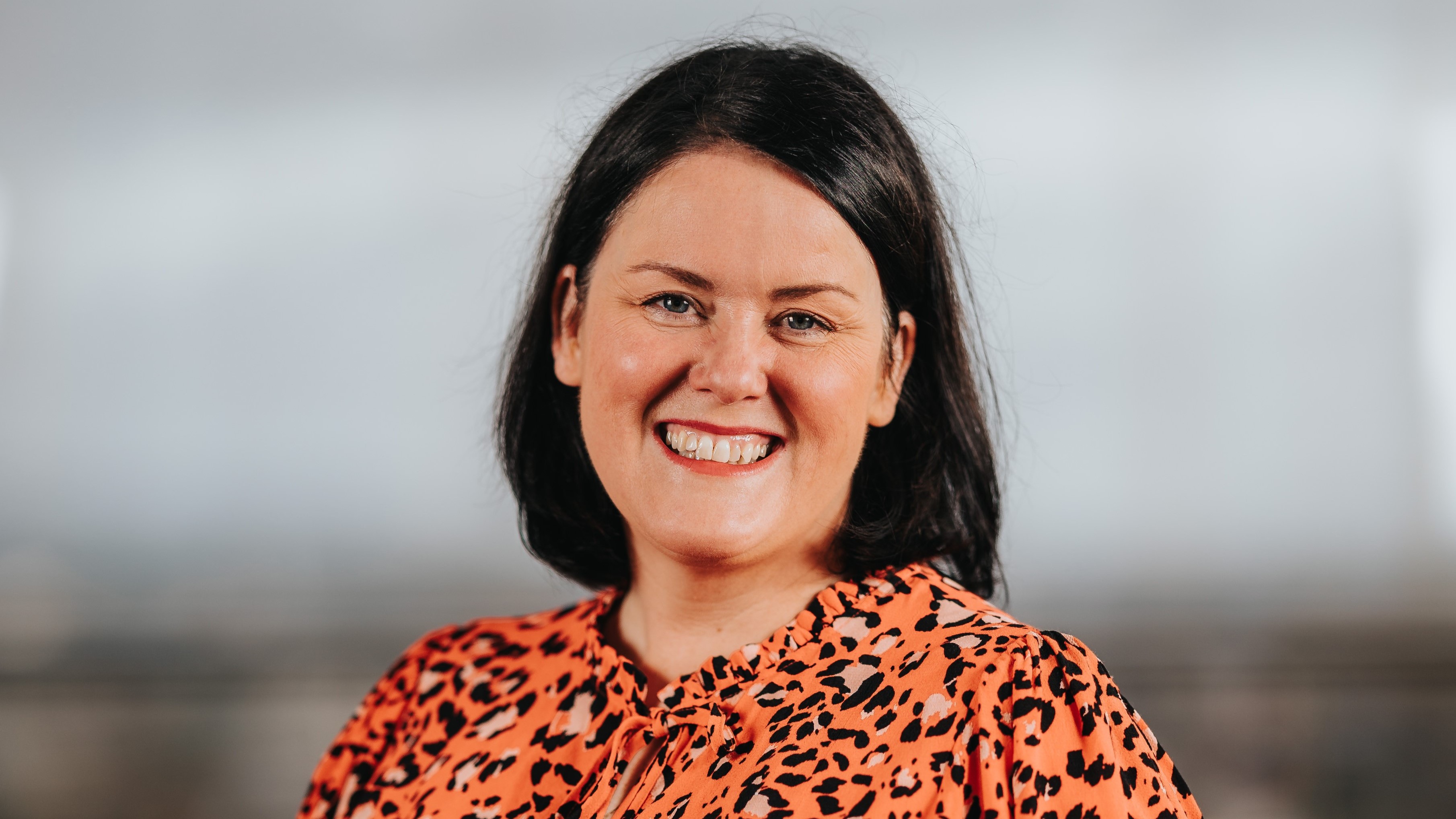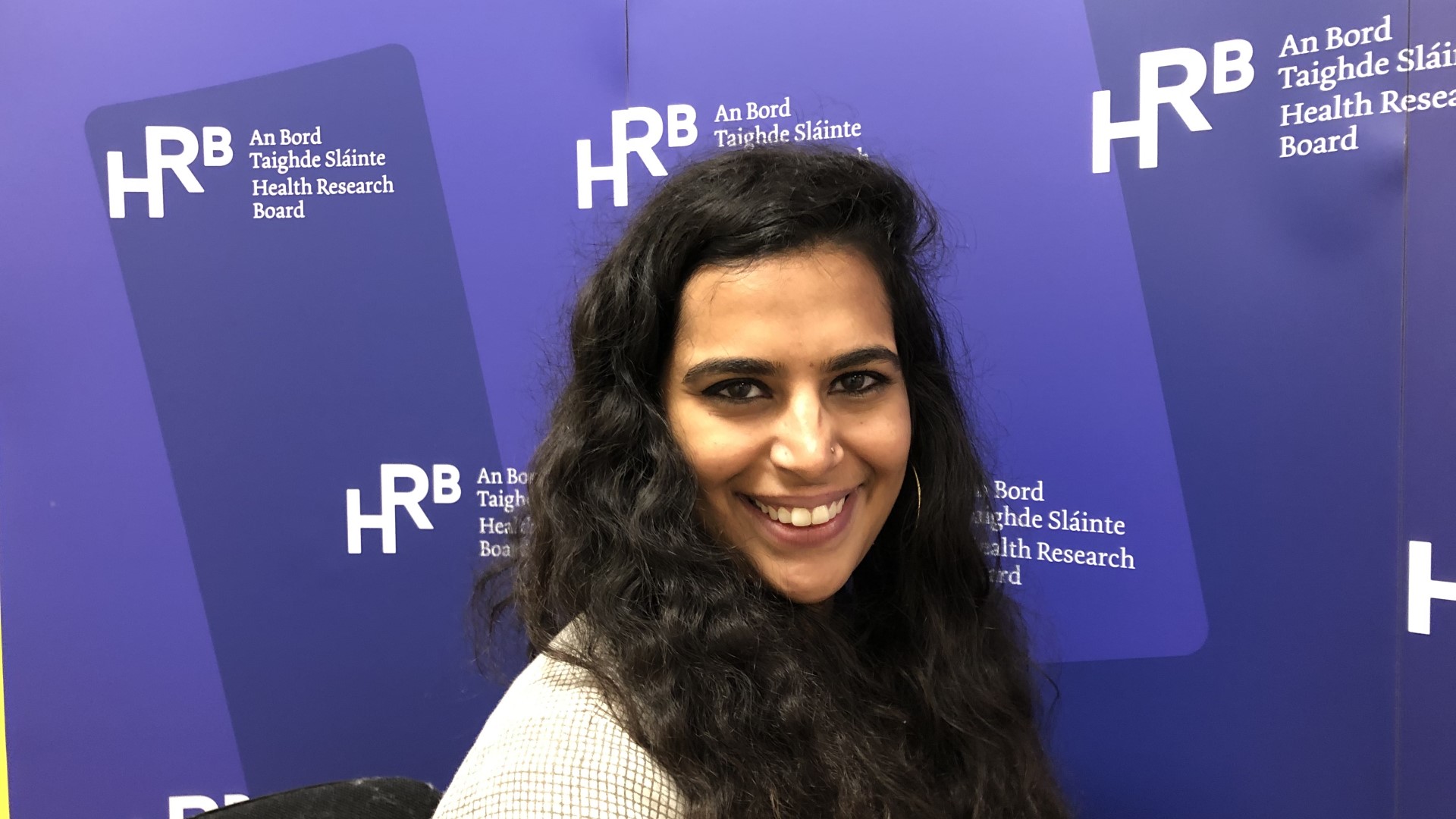Fionnuala Keane: Making strides in coordinating quality clinical research in Ireland
6 min read - 29 Sep 2017
Developing new medicines and treatments can be a marathon. It’s a long trek between the starting line of having an idea or potential new drug all the way to the finish line and the reward of patients experiencing better outcomes. There may even be some walls to push through along the way.
A key stage in that journey is the clinical trial, which looks at the safety and efficacy of emerging treatments on participating patients, and this is where Dr Fionnuala Keane is making a difference in Ireland.
As Chief Operations Officer of the Health Research Board Clinical Research Coordination Ireland (HRB CRCI), her mission is to support and improve the quality, quantity and accessibility of clinical trials in Ireland. Fionnuala knows all about the investments needed for the long run, having completed six marathons and remaining a committed runner to this day.
Linking resources
Whilst the HRB CRCI was officially set up in 2015, for a year beforehand Fionnuala worked with the directors of the five Clinical Research Centres around Ireland to develop a business plan for HRB CRCI.
To learn where the gaps in clinical research in Ireland were, they spoke to academic researchers and pharmaceutical and medical device companies across the country. Those conversations helped to inform the HRB CRCI, which now acts as a central point of contact for clinical research in Ireland.
‘There had been a lot of investment in Ireland in clinical research facilities and networks, and the time had come to join it all up’, says Fionnuala.
‘Anyone interested in carrying out Clinical Research in Ireland can come to us, and we will support them or signpost them to where they need to go to get support. That means that we might be putting academic investigators in touch with their local clinical research facilities for their support, we might be looking at the feasibility of specific trials or we might be helping international companies find multiple sites to roll out their clinical trials in Ireland’.
So far, there has been a huge appetite for this kind of help, she adds. ‘We had a target to assess the feasibility of 20 new studies in two years, but since we started in 2015 we have processed 168 new studies for feasibility, are working with investigators, hospitals and companies all around Ireland and seeing a real demand for our services’.
Quality and streamlining
Ensuring high quality clinical research will help to make Ireland an attractive location for conducting clinical research, according to Fionnuala.
‘Ireland is a small country, we have a limited population size, so we need to make ourselves attractive through the quality of what we can deliver’, she says. ‘Through our Quality Working Group we have developed an A-Z checklist that clinical research centres can use to ensure they comply with quality standards. This year we are coordinating a quality peer-review of the clinical research centres in our network against this A-Z checklist’.
The organisation is also looking at improving the costings process for clinical trials, as well as streamlining important steps such as the confidentiality disclosure agreement process. Crucially, they are streamlining the administration, which can be a barrier to researchers engaging in clinical research.
‘The process of doing a clinical trial can seem overly cumbersome and clinicians and researchers can initially feel frustrated by the timelines, but there are valid reasons for the rules and regulations’, explains Fionnuala. ‘We are trying to make the processes more streamlined, so everyone still complies and the process becomes easier from their perspective’.
Eyes ahead
The HRB CRCI has already made big strides in achieving its goals, and now Fionnuala has her eyes ahead. ‘When I see what we have delivered in the short time, I really see the value in the central coordination provided by HRB CRCI’, she says. ‘It is still early days for HRB CRCI but we have come a long way and now want to do more’.
Strengthening the clinical research ecosystem is important, but it will take wider investment to really unlock the potential here, adds Fionnuala.
‘The HRB are doing an excellent job but they have a finite budget’, she says. ‘We need considerable investment in health research within the health sector so that we get the best value for money with the best science. I would like Ireland to be regarded as a country of excellence for Clinical Research with streamlined, efficient processes that work’.
From bench to trials
Fionnuala’s own journey towards trials started with science: she studied microbiology and biochemistry at NUI Galway and went on to do a PhD and post-doctoral work in biochemistry.
She learned many skills as a bench researcher in NUI Galway, Glasgow Caledonian University, Scotland, and University College Dublin, and while on a flight to take part in the New York City Marathon in Autumn 2000, she spotted an ad in the newspaper for a sales and marketing job in Novartis.
‘I applied and got it, and that opened up another path for me’, she recalls. ‘I really enjoyed the science behind the products and got to work on an interesting portfolio while there, meeting with GPs and hospital teams on a daily basis’.
Fionnuala then moved to ICORG (now Cancer Trials Ireland) in its early days, quickly assuming more and more responsibilities and getting the chance to work with clinical researchers all over Ireland, Europe and the US.
‘I was with ICORG for 11 years and I loved what I was doing’, says Fionnuala. ‘But when the CRCI opportunity came up I just thought it was the right step for me. It was a brave move to take up a short-term contract, which it initially was, but this was a greenfield site and an opportunity to work in many other therapeutic areas’.
Running with it
Today Fionnuala balances work and a busy family life with three kids, the joys of a new dog and, of course, running.
‘It’s a great way to exercise even when you don’t have much time’, she says. ‘I love running, and if I didn’t have this career I would be a full-time athlete’.
6 min read - 29 Sep 2017



